According to the latest Fact.MR (1) report, "non-alcoholic spirits", also known as 0.0, represent a market expected to reach $271 billion worldwide by 2033. Non-alcoholic beverages appear to be booming, ready to compete with spirits and strong alcohols among new consumer actors, particularly Europeans, in search of conviviality and above all naturalness.
Focus on zero ABV
The sector is very buoyant and has already seen its CAGR increase by 9.9% in four years to 2022, valued at $104.3 billion, the report states. Fact.MR also states that 'zero-proof whisky' is set to lead sales, with an estimated CAGR of 8.9% over the next ten years.
In the UK market, for example, sales are expected to reach US$12.6 billion by 2033, with a projected increase of $6.8 billion (3). In fact, sales of non-alcoholic 'spirits' increased by 35.8% in 2020, to a value of almost 24.2 billion dollars, and the IWSR (4) noted that non-alcoholic beverages overtook low-alcohol beverages in 2022 with a 51% share by volume, with non-alcoholic volumes increasing by 23% between 2018 and 2021, and by 16% in 2022. The IWSR further stated that the evolution of this non-alcoholic category is "epitomised" by "spirits" and 0.0 aperitifs, as well as zero ABV agave-based products.
Following a CAGR of 8.4% over the last four years, the US non-alcoholic 'spirits' market is expected to grow by 7.8% to $85 billion by 2033, according to Fact.MR.
The IWSR (5), among the 10 focus markets examined in its strategic study in 2022 (6) on no- and low-alcohol beverages (Australia, Brazil, Canada, France, Germany, Japan, South Africa, Spain, the United Kingdom and the United States) forecasts that RTDs (ready-to-drink) and "alcohol-free spirits" should both show volume growth of around +14% by 2026 and also explained that this "dynamic" increase is driven by innovation from manufacturers and by the increase in on- and off-trade storage space (7).
These figures confirm that non-alcoholic 'spirits' are booming, becoming a category that is increasingly motivating brands. Indeed, the range of new zero-alcohol products launched in recent years demonstrates the ability of the European spirits industry to develop innovation and respond to consumer demand, while broadening consumer choice.
Emily Neill, Director of Operations at IWSR Drinks, says: "The brands that will ultimately dominate the no/low segment are those that break through the barriers of taste, price, packaging format, availability and overall consumer education.” (8)
When alcohol producers use botanicals to innovate
Martini & Rossi won the prize for 'Best New Spirit and Cocktail Ingredient' at Tales of the Cocktail 2023 with its alcohol-free product 'Martini Floreale'.
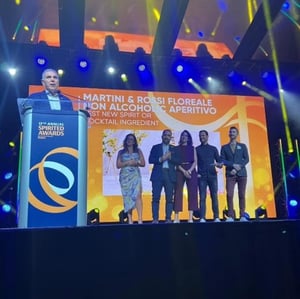
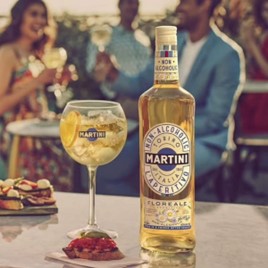
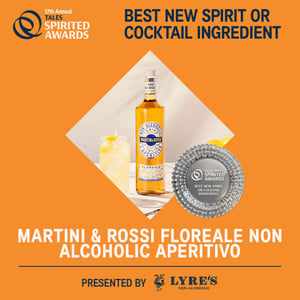
The independent non alcoholic spirits brand Lyre's (9) replicates the world's most popular spirits (absinthe, vermouth, gin, vodka, spritz, bourbon, rum, amaretto, etc.) as closely as possible to the original premium volume drink, making 90% of the world's best-selling cocktails. Thanks to its botanical ingredients-based creations, Lyre's adapts naturally and competitively to new trends in the alcohol-free market.
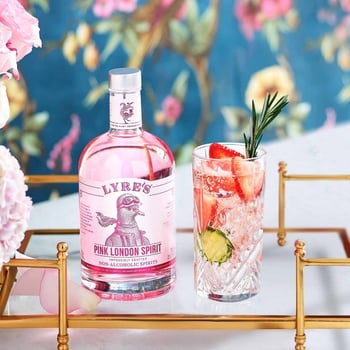
Here are just a few examples of the flavours and aromas from their catalogue:
- citrus and roasted agave impressions that give way to a pleasantly peppery finish
- fresh or floral orange with notes of rose, cherry, red berry and blackberry
- classic bitter orange scents with subtle notes of mint, etc.
These innovative formulations are accompanied in each of their presentations by a tagline such as: "Lyre's is more like a non-alcoholic binge! If you've been hesitating to make the decision to commit to a month of sober living, rest assured, we've got you covered."
According to the Mordor Intelligence report, "the alcohol-free drinks market is highly competitive due to the presence of a large number of companies that manufacture functional drinks" (10). In addition, "the major players are also entering into new agreements and partnerships with local players in order to increase their presence in the local market and launch new products that respond to changing consumer preferences".
The focus is now on naturalness and healthy botanical-based drinks. Brands are striving to develop attractive, functional product ranges that are enhanced by their active ingredients. Some are focusing on essences and distilled botanical ingredients such as:
- lemon
- mint or ginger for its spicy flavour
- bergamot
- or eucalyptus, like Optimaedrinks, which also boasts a sugar-free label (11)
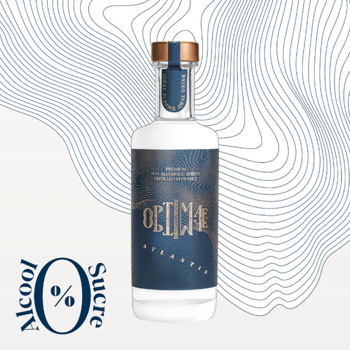
Another major alcoholic beverage producer incorporates gin-like juniper berries with citrus fruit, cucumber and chamomile, combined with spring water. Replacing strong alcohols with botanical ingredients with original flavours enables consumers to compare the taste of a non-alcoholic drink with its alcoholic version, hence the strong competition in this sector.
"Behind every great spirit hides a great botanical" - Amy Stewart
Developing these innovative products is a real challenge, as the absence of alcohol is generally noticeable in the lack of texture and balance on the palate. Manufacturers use a number of techniques to try and preserve the aromas without altering them, including osmosis, hydrolat production and high-pressure distillation (120°C). One example is the French brand Djin (12), which sells zero-alcohol organic spirits called "Esprit de plantes sans alcool" (Spirit of alcohol free botanicals), which claims to "work on a natural basis based around medicinal botanicals and their properties".
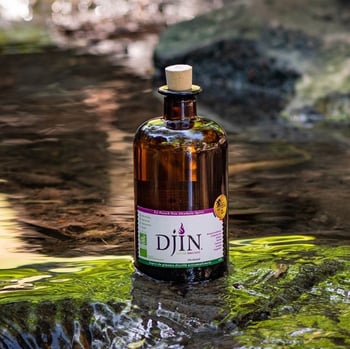
On this subject, we invite you to discover our next article on our solutions and in particular the "TGE 0.0" to accompany you in the creation of your alcohol-free spirits and sublimate the taste of your formulations.
Please feel free to contact us.
To see our entire product range, check out our online catalogue available 24 HOURS A DAY 7 DAYS A WEEK.
Sources :
(1) https://www.factmr.com/report/zero-proof-spirit-market
(2) https://www.thespiritsbusiness.com/2023/08/zero-abv-spirits-could-reach-271bn/
(3) https://www.factmr.com/report/zero-proof-spirit-market
(4) https://www.thespiritsbusiness.com/2023/01/alcohol-free-spirits-soar-by-38-in-uk/
(7) https://www.thespiritsbusiness.com/2022/12/no-and-low-value-exceeds-11bn/
(10) https://www.mordorintelligence.com/fr/industry-reports/non-alcoholic-beverage-market
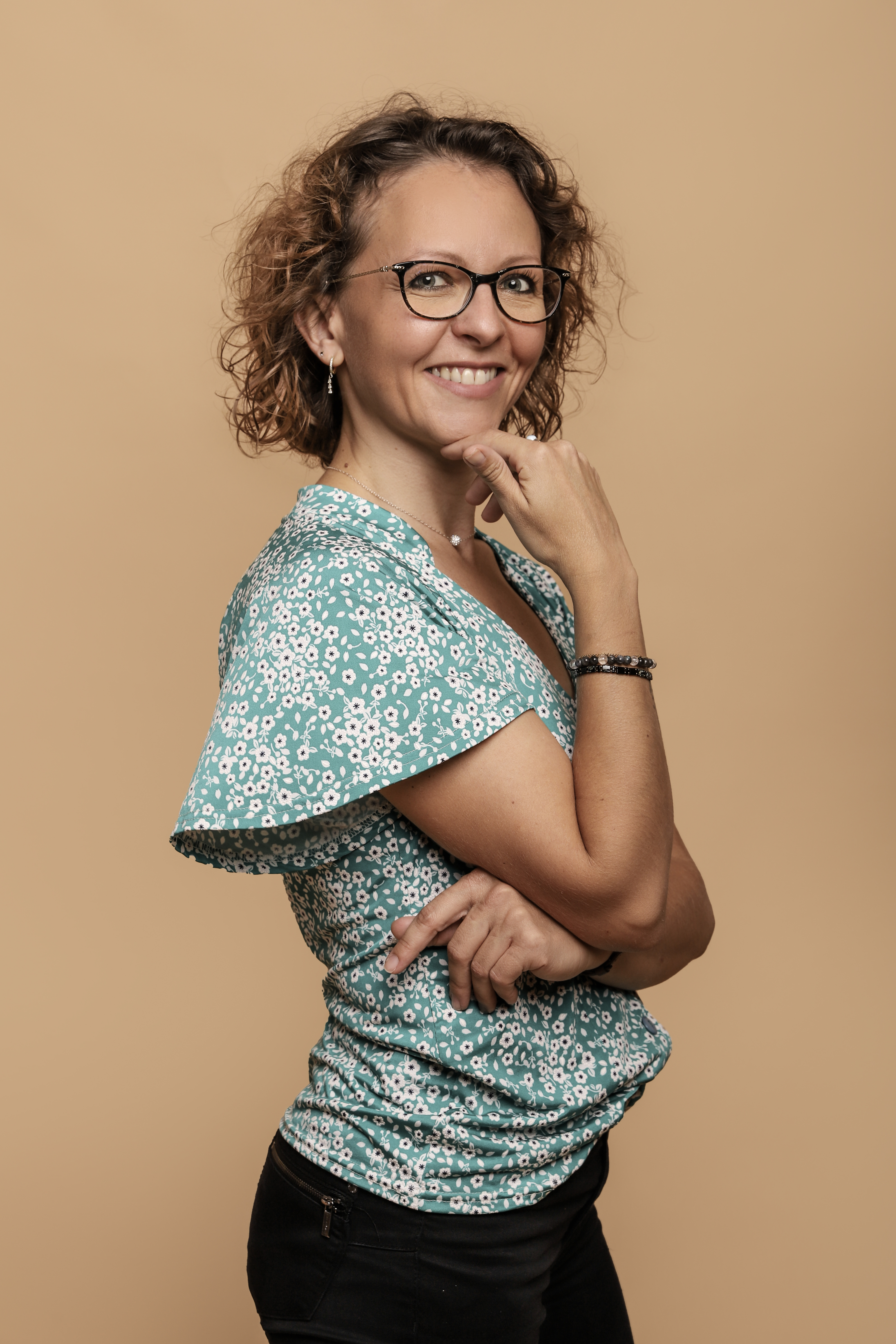
Graziella Riant-Dalibard
Head of BU Taste

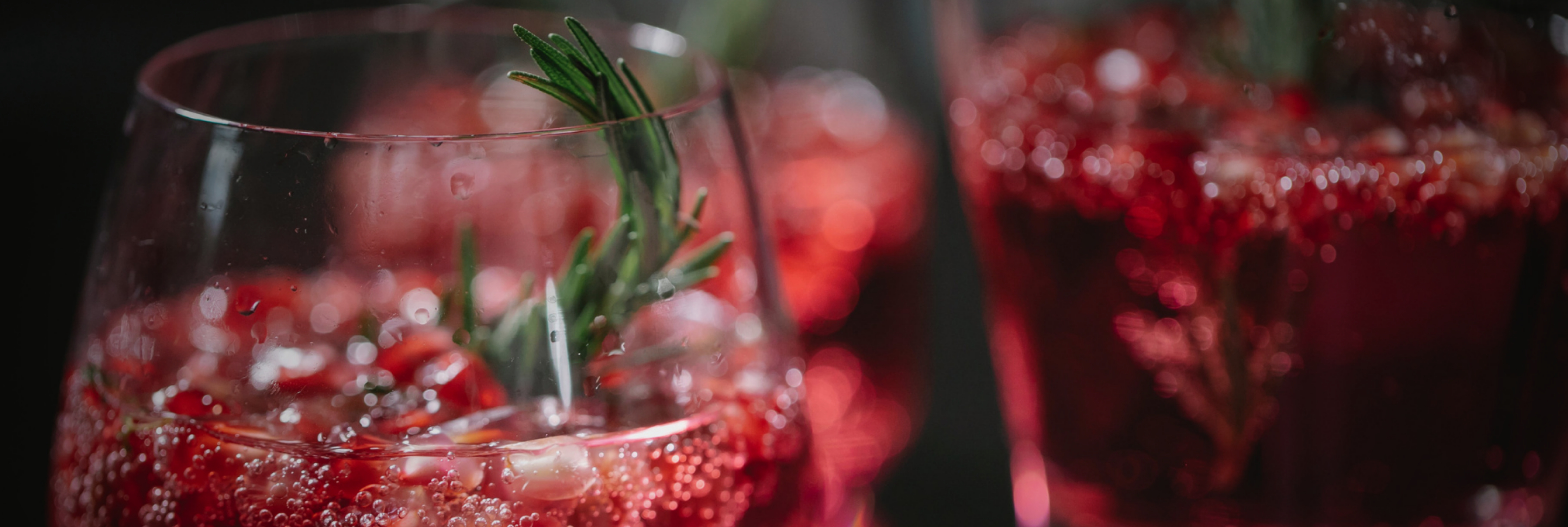
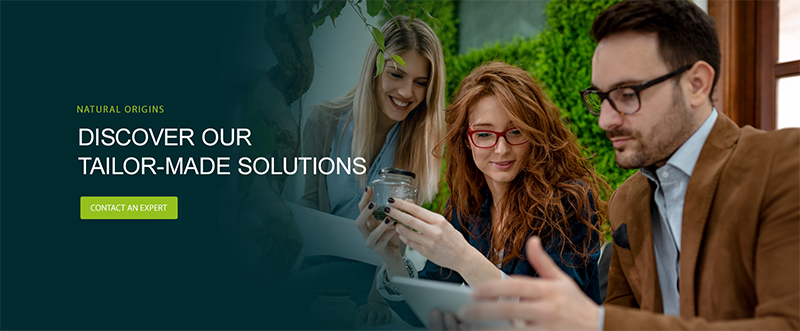
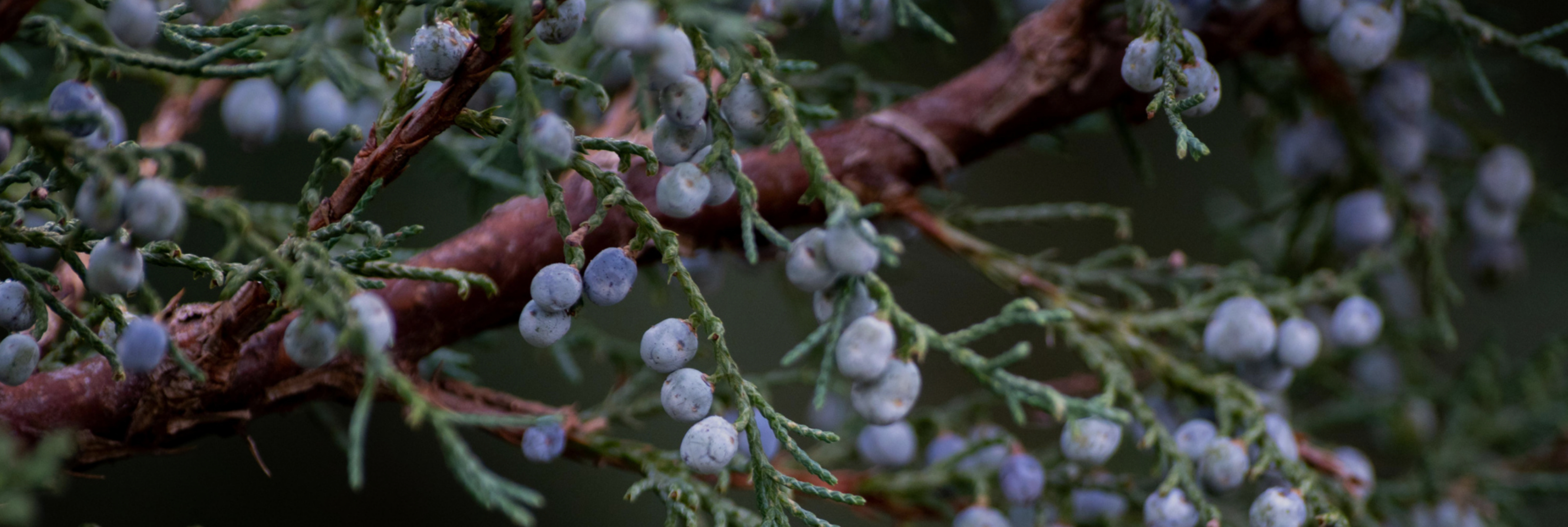
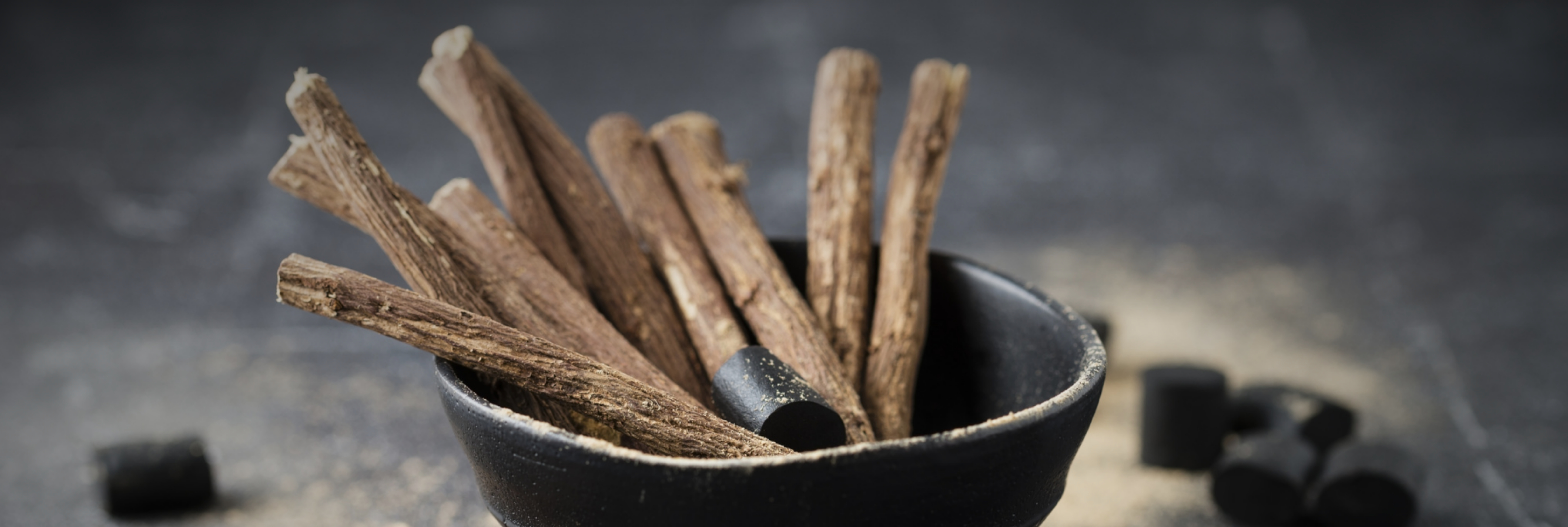
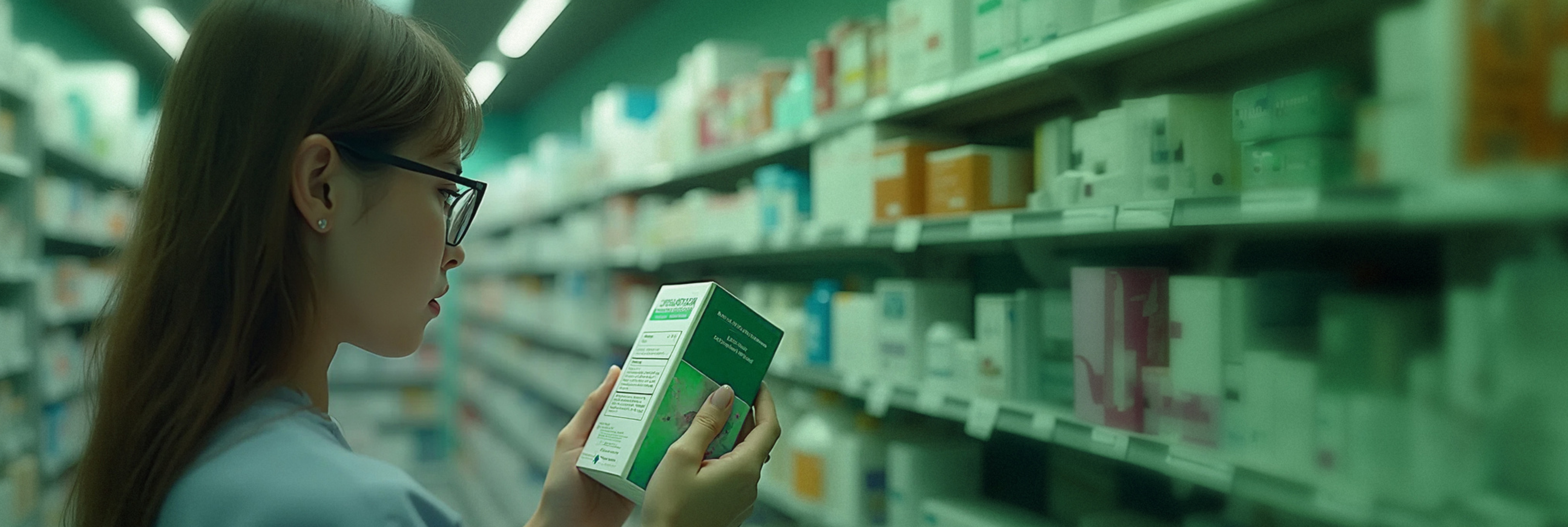
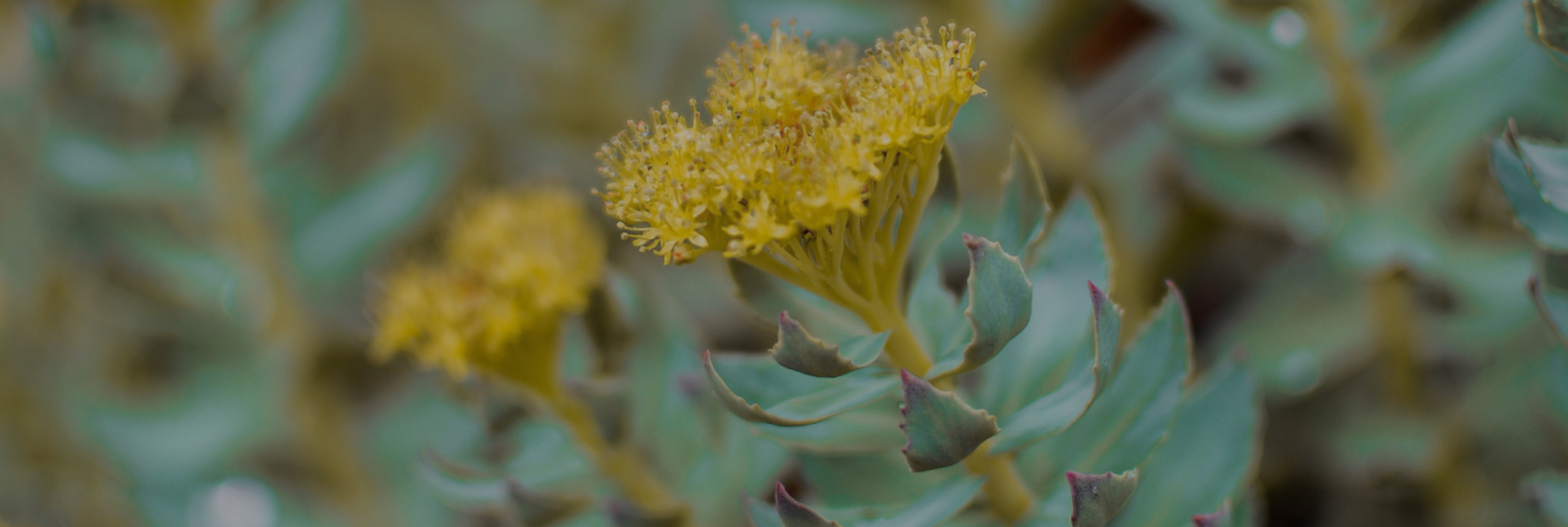
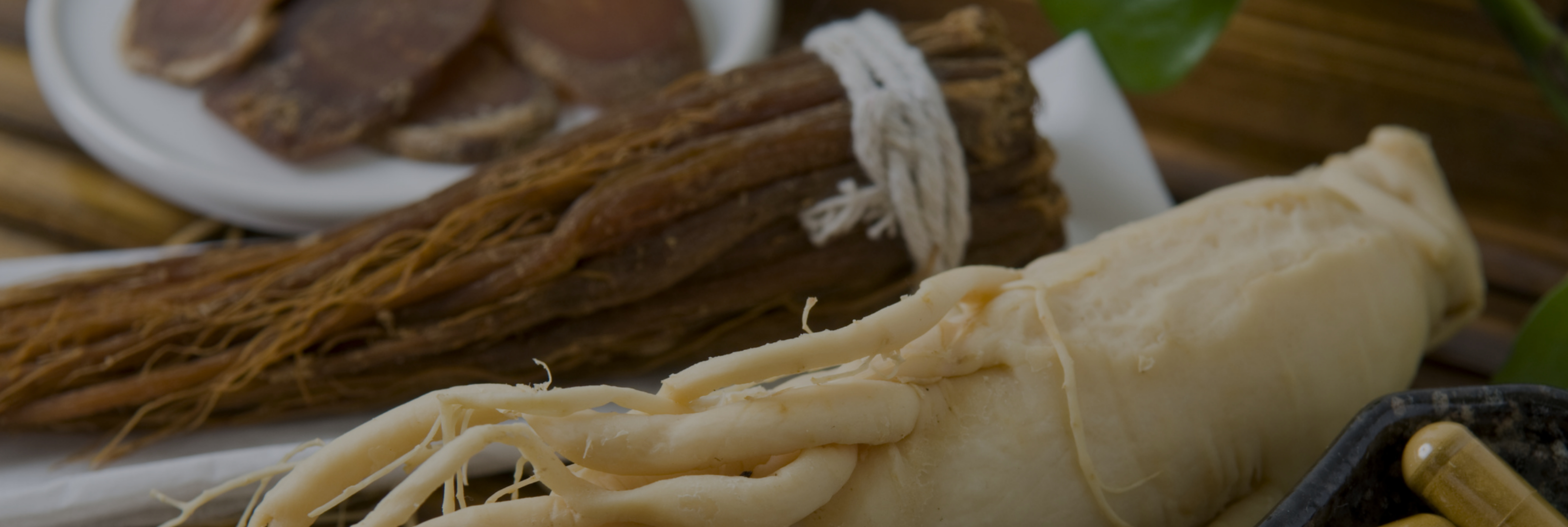
Leave a comment